Agriculture / Farm Fences in Parrish, Florida
Inquire now and get a free estimate
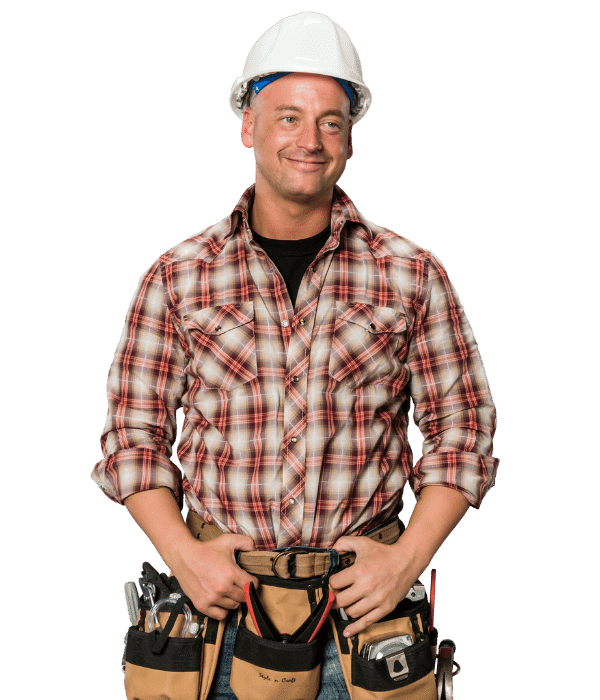
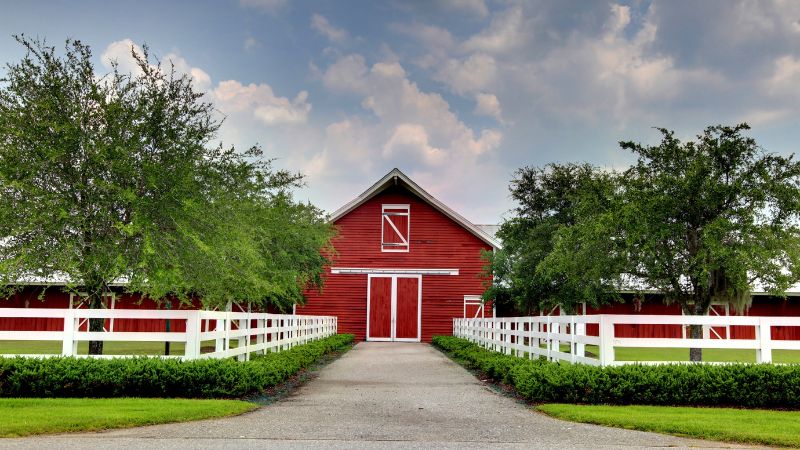
Protect Your Farm with Agriculture / Farm Fences
Are you a proud farmer or property owner in Parrish, Florida, seeking fencing solutions that safeguard your agricultural assets and livestock? Look no further! Our team fully understands the unique requirements of Parrish’s agricultural community and is dedicated to providing you with comprehensive Agriculture / Farm fencing options tailored to your specific needs.
Agriculture / Farm Fences play a crucial role in the daily operations of farms. They not only provide security for your livestock and crops but also aid in managing the land effectively. With a range of fencing styles, materials, and installation techniques at our disposal, we ensure that your Agriculture / Farm fence aligns perfectly with your farm’s goals and requirements.
Farm Fence Styles
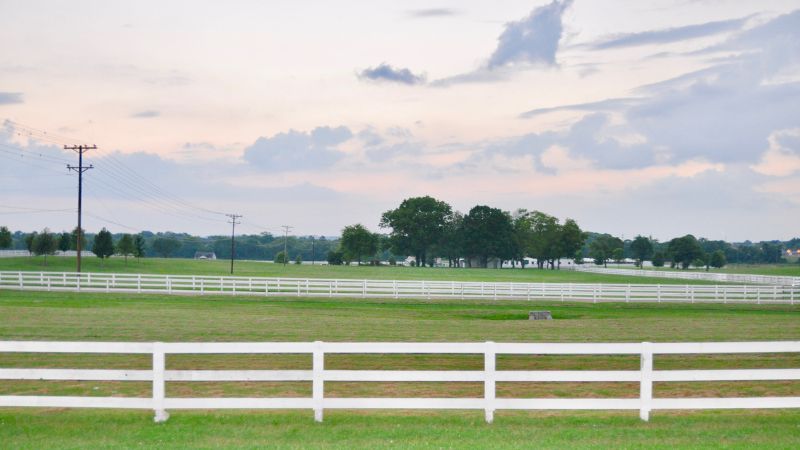
Wood Fences
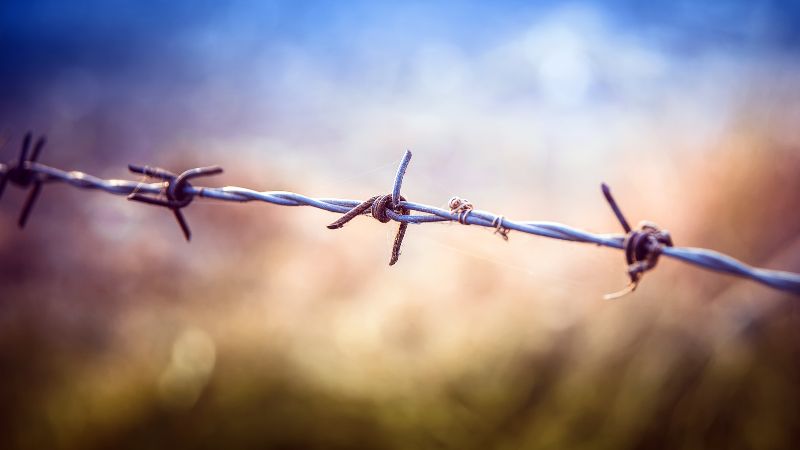
Barbed Wire Fences
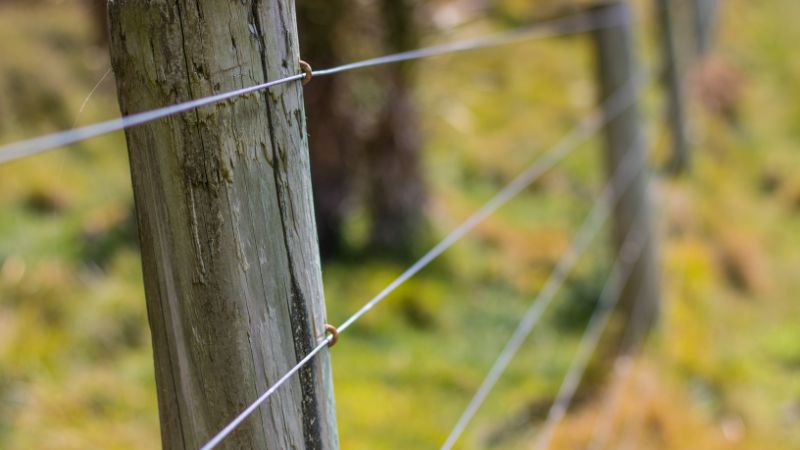
Horse Fencing
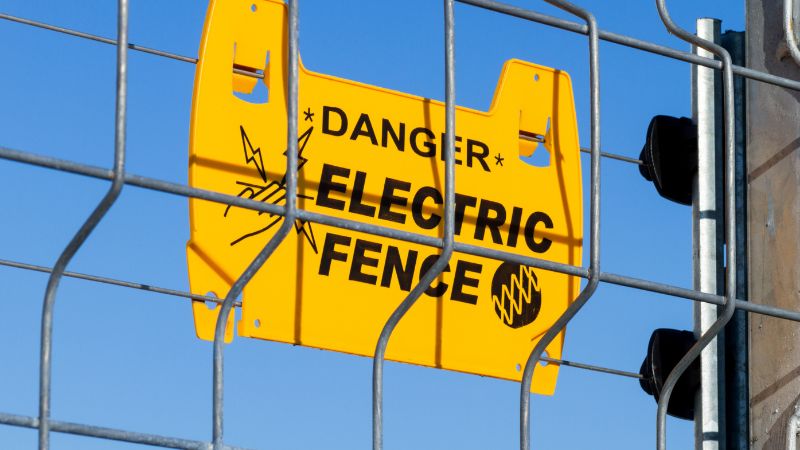
Electric Fencing
Benefits of Agriculture / Farm Fences?

Crop Protection
Fences safeguard crops from wildlife and pests. They act as a physical barrier, preventing deer, rabbits, and other animals from accessing and damaging your crops.

Property Boundaries
Farm fences clearly define property boundaries, reducing disputes with neighbors and ensuring that your land is used as intended.

Security
Fences provide a level of security by deterring unauthorized access to your farm. This is important for protecting equipment, stored materials, and other valuable assets.

Access Control
Controlled entry points, such as gates, allow you to manage and monitor who enters your property, enhancing security and ensuring only authorized individuals have access.

Efficient Grazing
Fencing allows for controlled grazing of pastures, optimizing land use and ensuring that animals receive the proper nutrition.

Wildlife Management
Fences can be used to create wildlife corridors or exclude wildlife from sensitive areas, helping with conservation efforts and minimizing conflicts.

Land Organization
Farm fences help organize your land into functional areas, such as pastures, fields, and yards, improving the efficiency of farming operations.

Privacy
Fences provide privacy for farm residents and workers, allowing them to enjoy a sense of seclusion within the property.
Explore Agriculture / Farm Fencing Solutions

Livestock Fencing
Properly designed and installed livestock fencing is essential for the safety and well-being of your animals. We offer a variety of options, including traditional post and rail fences, woven wire fencing, and electric fencing, tailored to your specific livestock management needs.

Crop Protection Fencing
Farm crops are valuable assets, and protecting them from wildlife and unwanted trespassers is a top priority. Our Crop Protection Fencing solutions are designed to keep your crops safe from both large and small pests, ensuring a bountiful harvest.

Perimeter Security Fencing
Maintaining the security of your farm is crucial. Our Perimeter Security Fencing options are built to withstand external threats and unauthorized access, helping you secure your valuable equipment and resources.

Gates and Entrances
Efficient entry and exit points are essential for farm operations. We offer a range of gate styles, including swing gates, sliding gates, and automatic gate systems, to facilitate seamless movement within your farm.
Serving areas nearby such as:
- Anna Maria
- Bradenton FL
- Bradenton Beach
- Holmes Beach
- Palmetto FL
- Longboat Key
- Bayshore Gardens
- Cortez
- Ellenton FL
- Memphis FL
- Samoset
- South Bradenton
- West Bradenton
- West Samoset
- Whitfield
- North Port
- Sarasota FL
- Venice
- Town
- Longboat Key
- Bee Ridge
- Desoto Lakes
- Englewood
- Fruitville
- Gulf Gate Estates
- Kensington Park
- Lake Sarasota
- Laurel
- Nokomis
- North Sarasota
- Osprey
- Plantation
- Ridge Wood Heights
- Sarasota Springs
- Siesta Keys FL
- South Gate Ridge
- South Sarasota
- South Venice
- Southgate
- The Meadow
- Vamo
- Venice Gardens
- Warm Mineral Springs
941-741-9667
Call Us Today!
At North River Fence, customer satisfaction is our top priority, and we strive to exceed your expectations with every project we undertake.


